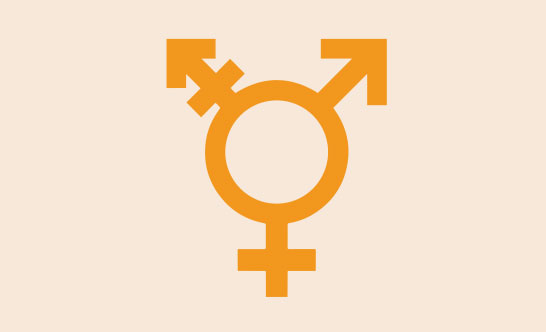Folder
A better knowledge of transgener population in Tunisia

The Transgender population is a not well-known population with few targeted risk prevention programs in Tunisia and around the world. The high stigma and discrimination experienced by this population causes social isolation and constitutes a major barrier to access to sexual and reproductive health (SRH) services.
The Tunisian Association of Positive Prevention (ATP +), with the support of UNFPA Tunisia, has carried out a mapping of the sites of the Transgender population in Tunisia (Greater Tunis, Sahel region, Gabes and Djerba). This mapping allowed to obtain precise information on the sites, the number of people who attend them and their profiles aiming to the development of future action plans for HIV prevention and especially to promote specific and appropriate prevention programs for these populations.
The specific objectives of the mapping are:
- •dentify and geo-reference sites and hotspots frequented by transgender people
- •Identify HIV risky behaviors among transgender people
- •Identify the needs of transgender people in terms of support
- •Identify the networks, associations, clubs and other groups concerned by the accompaniment of the transgender population
About 80% of respondents are young people aged 18 to 29, of whom 98.1% are sexually active. More than the half reported having used the sex work with more than 10 partners. On the other hand, 43.3% of transgender people say they did not use a condom the last time they had sex in the last month before the survey. Concerning condoms, only 9.5% have knowledge of the availability of this means of prevention in the family planning structures. The responsants reported getting HIV&AIDS information mainly (75.9%) via the internet and few (8.9%) from public health doctors. Almost half of the respondents did not the HIV testing. In terms of gender-based violence, the transgender population suffers from verbal (71.6%), physical (35.8%) and sexual (43.7%) violence.
The majority of transgender people live in hostile environments and suffer from exclusion, stigma and discrimination as a barrier to their access to services. Thus, a series of recommendations has been proposed to better meet the needs of this population. Among which, we can mention:
- •Integrating the human rights situation of transgender people into the mandate of human rights institutions
- •The data collection on the situation of transgender people with regard to human rights, including discrimination based on gender identity and transphobia
- •The development of information, education and communication campaigns targeting health, police, education and media stakeholders to fight against discrimination and stigmatization of transgender people
- •The development of educational materials with and for transgender people to prevent risky behavior
- •The reinforcement of peer education approaches, including the promotion of safer sex practices
- •The involvement of transgender people in the development, implementation and monitoring of actions to prevent risky behavior
